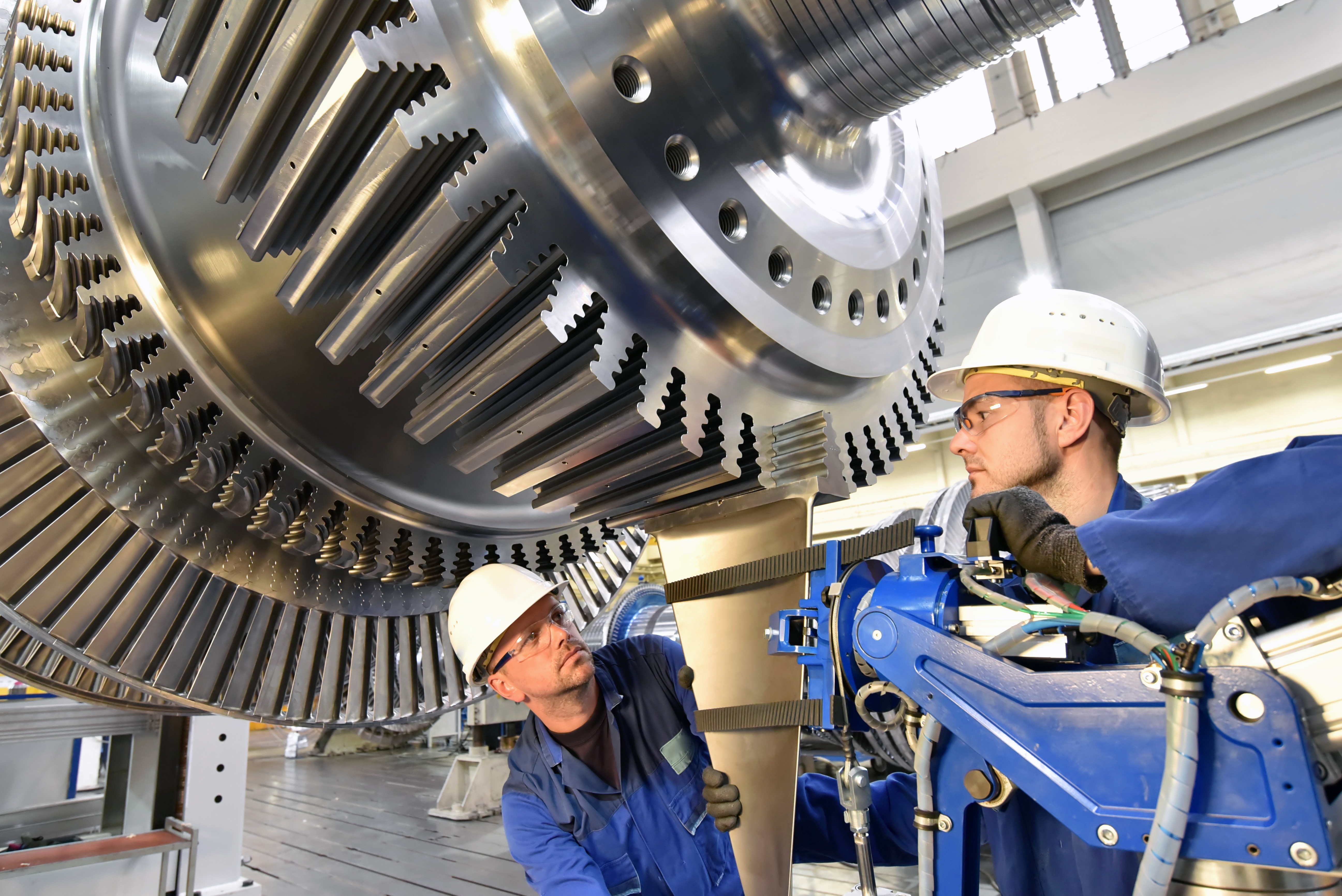No ERP Can Control Workflow
2018 Advanced Manufacturing Technology Show Series | 6 of 6 You’ve hired an ERP vendor. You should never say you bought an ERP. You hired a vendor....

2018 Advanced Manufacturing Technology Show Series | 5 of 6
Nearly every company we talk to thinks that an MES fills a gap in their ERP. It seems logical from the outside, but a real MES is light years beyond a functionality bridge.
The ERP vendors would like you to think it’s true. It helps them win the argument that the ERP should do everything and even that the ERP can do everything (which it most certainly cannot).
An ERP is transactional. It handles things – a bill, a person, a customer, an order. If you’ve ever been around the implementation of an ERP, you understand the depth of pain it takes to install. That pain that you experience, and I do mean pain (have you ever seen an ERP implementation on-time or on-budget?) is the vendor building the system for you.
The ERP Sacrifices
ERP vendors build their systems (or assemble, configure, customize or even install them, depending on their language – it’s all the same thing) to handle the things in your business.
The Human Resources things (people, time sheets, job descriptions, pay rates), the Operations things (reports, metrics, processes) and the Sales things (orders, customers) are just a few of the things an ERP does handle. One thing that your ERP definitely does not handle is your manufacturing workflow.
When you have to issue a bill, you need a process. It’s the same thing to pay a vendor, issue payroll, track hours or take an order. Each of these processes within your business probably share some broad similarity to all the other ERP vendor’s customers and each one will have pieces of the process that are unique to you (thus the deep customization of the ERP to you). As an aside, for those of you using a SAAS-model ERP, you have probably sacrificed this business process customization and may be using process templates instead. That’s great if they have all the templates that you want, which is unlikely.
The ERP vendor will talk to you about the exact series of steps that you want or need to occur in order to complete that action. They will have “standard” workflows that they use to do this, but it will be unique to your process.
This works for you the day that you put it in. I can almost guarantee that within 24 hours, it won’t. You’ve endured countless meetings and months (maybe years) of meetings where you discuss how (and I mean exactly how) you want or need a process to function. This is so the ERP vendor can deliver you what you need.
Once you’ve decided all these things, the ERP vendor will set out to make them work within their tool. It’s going to take a while, a long while, to do this. Most companies we speak to set aside a full year to simply upgrade their system. A new ERP installation, on average, takes 12 to 24 months and you should absolutely plan a full 30% for time and cost overruns.
The Calm Before the Storm
Now that you’re committed, you go about doing your job, while they do theirs. Let’s say you’ve decided to implement an ERP and you set aside the budget in October. Meetings start at the beginning of the year, and it takes through the end of summer to get the full map planned out (connection points, data entry points, etc). Let’s say that delivery happens the following January. That’s a short installation, but the timing really won’t matter. During the course of that 6 months between the end of planning meetings and the first delivery of a module within the ERP (they will always roll out in departmental phases), you hire a new department head.
That’s where your trouble is just beginning. It won’t even matter what department they run. As a new hire, they might spend some time assessing the current way of doing things and the results that these processes are bringing. Eventually, that new department head will want to make a change. Sounds great and that’s exactly what you hoped for when you hired him or her.
Unfortunately, you’re in the process of paying for a system built on your last good idea. Do you pay the ERP vendor to do it again? Do you let them deliver it as planned and hope that you can ask for some changes mid-stream at a reasonable price point and get an adjusted delivery?
My experience tells me that after so many months, so many meetings and so much time your employees are so overwhelmed that they are just grateful to get back to work. That new department head, well any new hire, is a huge help to getting back on track.
No one even thinks to ask:
"Now what?"
Delivery of the system comes and, surprise, the adjustments that you made in your current ERP (or home-built spreadsheet model for work, depending on what you were using going into the ERP selection) based on the department head’s suggestions, are working smoothly but are not accounted for. You go into implementation with the hope that all will be good and a headache knowing that it is not.
Do you have an ERP vendor who has stayed in touch throughout the process and has a process for handling these mid-implementation changes? That is terrific. That is the sign of a great vendor and you have a good chance that an ERP vendor like that will truly help your processes (not in manufacturing). Unfortunately, nothing in life is free, so although they are super-responsive, it will super cost you to. You should plan for those cost-overruns that I mentioned earlier.
Next time, let’s address why your ERP can’t handle manufacturing.
Next Steps
Follow our blog to get the most up-to-date information on the trends shaping manufacturing and production tech in your industry. When you're ready to get to work on permanent error elimination, schedule your live demo of Quantum®.
Build it Right with Quantum
Ready to eliminate the defects and bottlenecks that slow production once and for all? Connect with a CIMx Application Expert today and learn why our customers love being Quantum shops. Take control of production and build it right™ with Quantum.

2018 Advanced Manufacturing Technology Show Series | 6 of 6 You’ve hired an ERP vendor. You should never say you bought an ERP. You hired a vendor....

1 min read
2018 Advanced Manufacturing Technology Show Series | 4 of 6 We’ve spent the last few weeks talking about software vendors – what makes a good one,...

1 min read
2018 Advanced Manufacturing Technology Show Series | 1 of 6 What is the best experience you’ve had with software? How about with a software vendor? I...